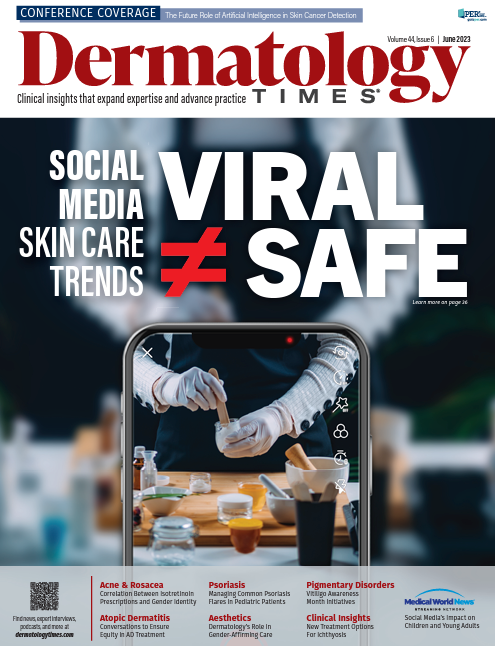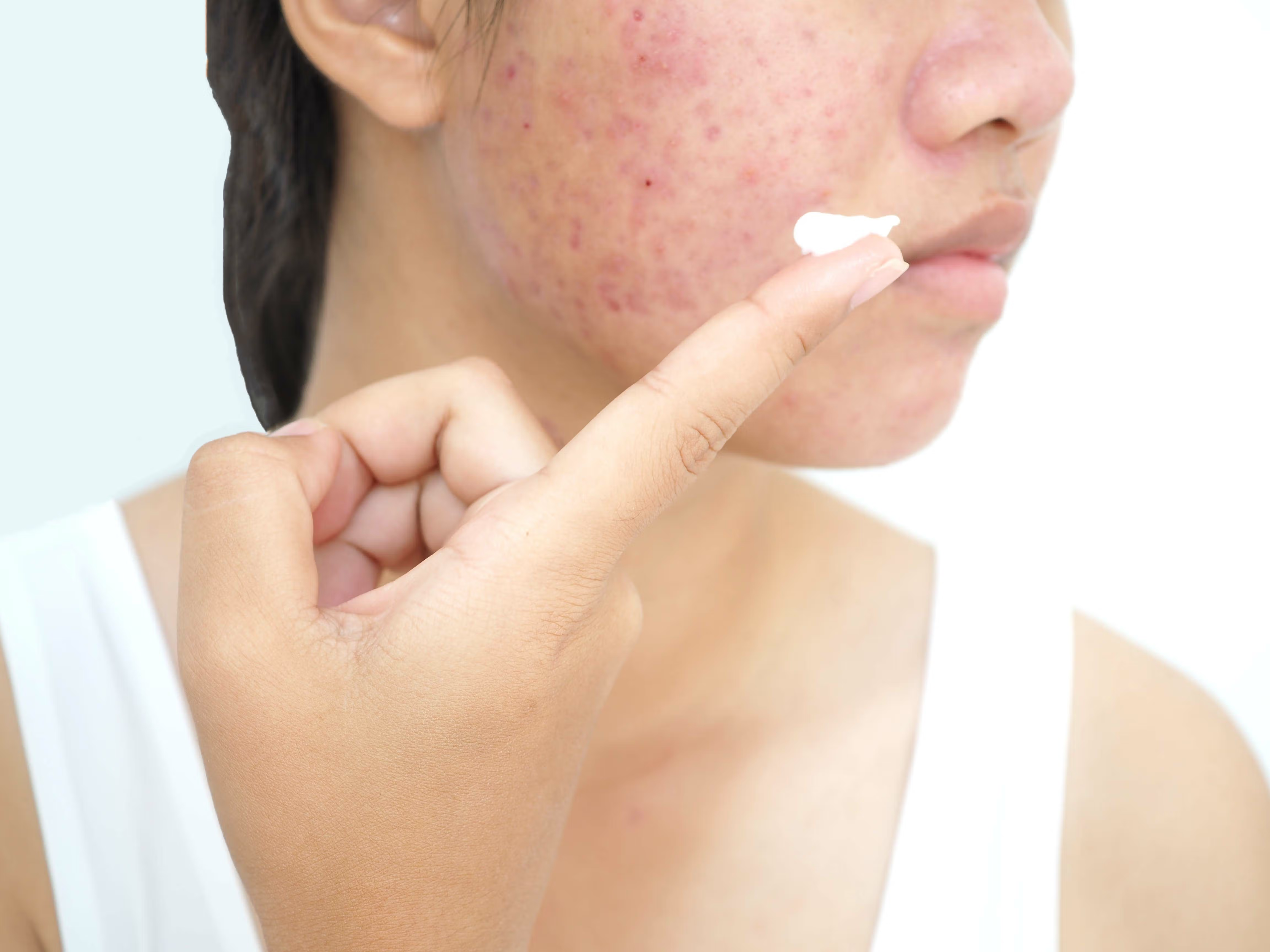- Case-Based Roundtable
- General Dermatology
- Eczema
- Chronic Hand Eczema
- Alopecia
- Aesthetics
- Vitiligo
- COVID-19
- Actinic Keratosis
- Precision Medicine and Biologics
- Rare Disease
- Wound Care
- Rosacea
- Psoriasis
- Psoriatic Arthritis
- Atopic Dermatitis
- Melasma
- NP and PA
- Skin Cancer
- Hidradenitis Suppurativa
- Drug Watch
- Pigmentary Disorders
- Acne
- Pediatric Dermatology
- Practice Management
- Prurigo Nodularis
- Buy-and-Bill
Publication
Article
Dermatology Times
Patients May be Under-Prescribed Isotretinoin Based on Gender Identity
Author(s):
Transgender and cisgender patients presenting with acne face differences in acne treatment and prescribing patterns.
Patients face gender discrimination when being prescribed acne treatments, according to a poster presentation from the American Academy of Dermatology (AAD) Annual Meeting.1
frank29052515/AdobeStock

The study found that dermatologists are less likely to prescribe isotretinoin for acne in cisgender women than they are cisgender or transgender men, despite isotretinoin being a common treatment for severe or persistent cases of acne.
“Due to its teratogenic nature, patients with reproductive potential are carefully monitored on isotretinoin,” study authors wrote. “This can be distressing for transgender men undergoing isotretinoin treatment.”
Study authors noted that while transgender patients develop dermatologic conditions such as acne, they also face health care discrimination and disparities at disproportionate rates. Of study participants, 190 identified as cisgender men, 279 as cisgender women, 191 as transgender men, and 193 as transgender women.
In December 2021, the study authors conducted an online Qualtrics survey that was distributed to more than 10,000 dermatologists across the United States in solo practice, group practice, academic, veteran affairs/county hospital, and other settings.
They asked respondents to answer a free-response question centered around the following hypothetical scenario: A patient with severe acne presents to receive treatment. Each dermatologist was given a randomized hypothetical gender of cisgender or transgender man or woman when answering the survey.
Of the respondents, 55.15% recommended isotretinoin as a first-line treatment for the patient if they were a cisgender man, 53.40% if they were a transgender man, 46.20% if they were a transgender woman, and 40.90% if they were a cisgender woman.
Additionally, the survey asked respondents to suggest further treatment options. Of all respondents, 72.90% recommended isotretinoin as a further treatment for transgender men, 72.10% recommended it for cisgender men, 65.70% recommended it for transgender women, and 60.40% recommended it for cisgender women.
In both scenarios, cisgender women and transgender women had the lowest percentage of isotretinoin recommendations for treatment.
Other frequently suggested treatment options listed by respondents included oral antibiotics, adjusted topical regimens, spironolactone, and oral contraceptives.
Study authors also noted that these associations may require further study, as the resulting data cannot be attributed only to isotretinoin’s teratogenicity.
“It is important to understand the risks and measures that need to be taken when prescribing isotretinoin to a person with reproductive potential without limiting their access to care,” study authors wrote. “An open-line of communication should be developed between the physician and patient to provide medically-appropriate care through a detailed gender-inclusive sexual history.”
Reference
- Zadu A, van Egmond S, de Vere Hunt I, et al. Prescribing patterns for acne in transgender compared to cisgender patients. Presented at the 2023 American Academy of Dermatology Annual Meeting; March 17-21, 2023; New Orleans, LA. Accessed March 16, 2023. https://aad-eposters.s3.amazonaws.com/AM2023/poster/42975/Prescribing+Patterns+for+Acne+in+Transgender+Compared+to+Cisgender+Patients.pdf







